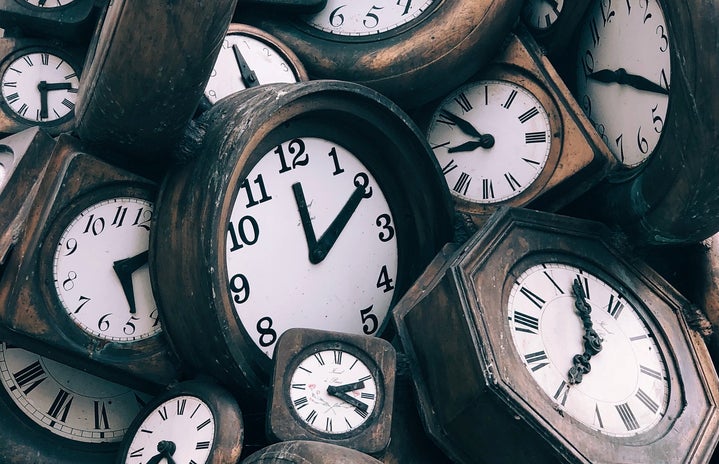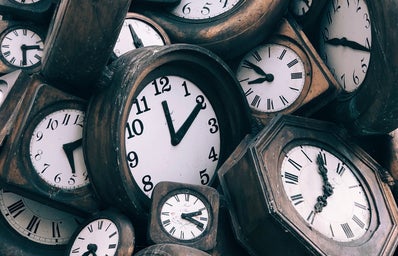One of the more profound questions we have is about the nature of time. Italian physicist Carlo Rovelli specialised in quantum gravity research, where his book “The Order of Time’ delves into how time works in the world of physics. He provides an insightful look into how we can further understand the notion of time from literature, science, and philosophy alike.
“Why do we remember the past and not the future? Do we exist in time, or does time exist in us? What ties time to our nature as persons to our subjectivity?”
“Two friends seperate, with one of them living in the plains and the other going to live in the mountains. They meet up again years later; the one who has stayed down there has lived less, aged less, and the mechanism of his cuckoo clock has oscillated fewer times. He has had less time to do things, his thoughts have had less time to unfold.”
“The secret of time lies in the slippage that we feel on our pulse, viscerally, in the enigma of memory, in anxiety about the future.”
“For millennia before clocks, our only regular way of measuring time had been the alternation of day and night. The rhythm of the day followed by night also regulates the lives of plants and animals. Diurnal rhythms are ubiquitous in the natural world. They are essential to life, and it seems to me probable that they played a key role in the very origin of life on earth.”
“So if nothing changes, if nothing moves, does time, therefore, cease to pass? Time is our way of situating ourselves in relation to the changing of things: the placing of ourselves in relation to the counting of days. Time is the measure of change: if nothing changes, there is no time.”
“We can say: I see a table, a chair, a pen, the ceiling— and that between myself and the table, there is nothing. Or we can say that between one and another of these things, there is air. Sometimes we speak of air as if it were something, sometimes as if it were nothing.”
Whilst there is ample evidence of technical knowledge, Rovelli manages to spin a complex web of how we might understand time; through poetry, culture, anecdotes and history. Here is a collection of moments throughout Rovelli’s book that holds particular significance to how we understand time, and ourselves through it.


